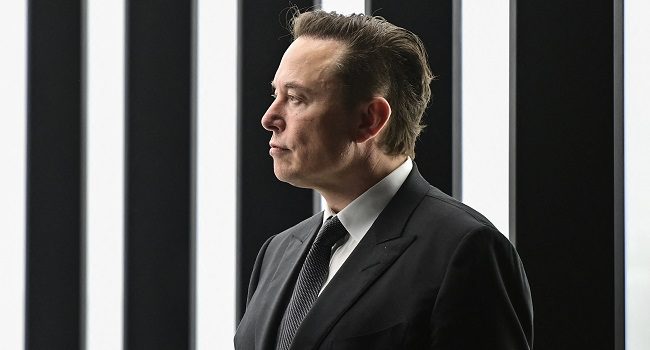The former Twitter company, controlled by Elon Musk, is being sued in France for violating copyright laws. The news organization Agence France-Presse (AFP) has announced that it is suing the social media site for what it refers to as a “clear refusal” to engage in negotiations with it on compensation for the sharing of its news content on X.
According to AFP, it is seeking an urgent order from a Parisian court to compel X to give it the information it needs regarding the reuse of its work so it can determine how much money it is owed in accordance with France’s neighboring rights laws.
“[AFP] has expressed its concerns over the clear refusal from Twitter (recently rebranded as ‘X’) to enter into discussions regarding the implementation of neighboring rights for the press. These rights were established to enable news agencies and publishers to be remunerated by digital platforms which retain most of the monetary value generated by the distribution of news content,” the news agency wrote in a press release.
“Today, AFP announces that it has taken legal action to obtain an urgent injunction before the Judicial Court of Paris. This move is aimed at compelling Twitter, in accordance with the law, to provide all the necessary elements required for assessing the remuneration owed to AFP under the neighboring rights legislation.”
“As a leading advocate for the adoption of neighboring rights for the press, AFP remains unwavering in its commitment to the cause, even four years after the law’s adoption,” AFP added. “The legal proceedings initiated against Twitter today are in line with this ongoing commitment. The Agency will continue to employ the appropriate legal means with each relevant platform to ensure the fair distribution of the value generated by the sharing of news content.”
Also, see: A new study found that Facebook’s Pages and Groups shape its ideological echo chambers
The European Union approved the extension of copyright law to cover news content extracts that are shared on digital platforms back in 2019, and French law adopted it in July of that same year. Musk, however, evidently missed the memo. (To be honest, he was probably a little more interested in creating electric cars, launching rockets into space, excavating large pits, and trolling users on Twitter back then…)
Article excerpts and everything save the tiniest bits of news content that are disseminated on digital platforms are covered by the extension to EU copyright legislation. It also includes additional information created by news providers, such as images, videos, and infographics, thus it is not only restricted to text. After two years, the content of news publishers is protected.
Musk responded to the news of AFP’s lawsuit by posting on X: “This is bizarre. They want us to pay them for traffic to their site where they make advertising revenue and we don’t!?”
The search engine giant Google has previously run afoul of France’s neighboring rights laws. The national antitrust authority intervened after receiving complaints from a number of publishers, including AFP, that Google was not treating news publishers fairly when negotiating payments for the reuse of their content.
Following that antitrust investigation, the competition authorities fined Google more than $500 million a little more than two years ago. In order to resolve the conflict, Google provided a list of behavioral pledges about its future negotiations with publishers. then signed multi-year agreements with AFP and other publishers to pay them for the reuse of their content.
Also, see: Amazon now delivers fresh groceries to non-Prime members in selected US cities
Given that, unlike Google, the Musk-owned social networking platform X does not hold a dominating position in general search services, a charge that it is violating the neighboring rights statute appears less likely to prompt intervention from the competition authorities. (Or possibly even in social media, where several competing platforms, such as Facebook, Instagram, and TikTok, have significantly more users.)
By stating it would no longer display any of its news snippets across products like Google Search and Google News unless permitted it free reuse of its content, Google had also attempted to directly avoid the law’s mandate to negotiate license terms with publishers.
The competition authority responded quickly in response to that alleged abuse of a dominant position by issuing Google with an interim order prohibiting it from ceasing to display publishers’ news and requiring it to engage in negotiations regarding compensation.
Digital platforms must legally negotiate with publishers to receive payment for reusing news in regions outside of the EU. In 2021, Australia passed a news bargaining rule that specifically targeted Google and Facebook. The Online News Act, recently passed by the Canadian legislature, mandates that tech companies negotiate “fair revenue sharing” agreements with content creators.
In the latter instance, though, Meta and Google continue to oppose the rule and have said they will stop providing news in Canada rather than follow the legislation. Before lawmakers approved the nation’s latest bargaining code, the two also aggressively lobbied against the measure and pushed for changes in Australia.


















